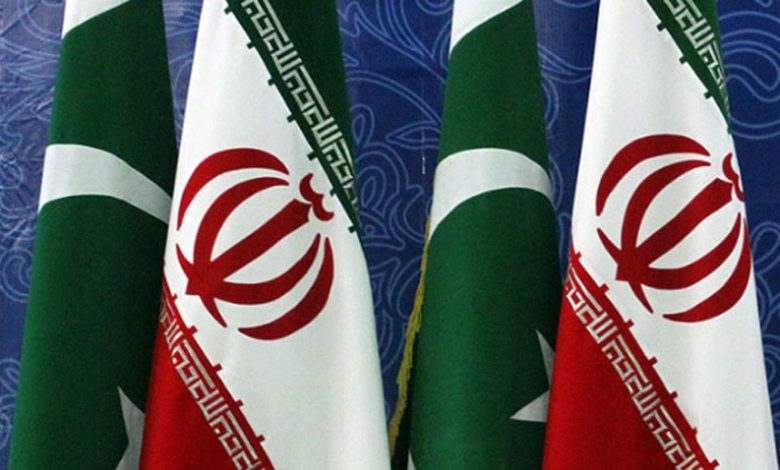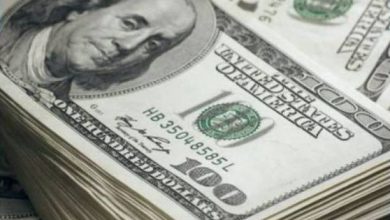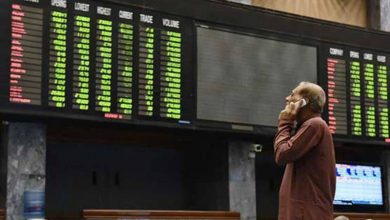Industrialists urge action on Pak-Iran trade targeting $10b

KARACHI:Welcoming the Pak-Iran bilateral trade target of up to $10 billion, industrialists, exporters, and importers have called for exploring avenues for local currency or barter trade, tapping into Iran’s potential in the energy sector, and resolving the Pakistan-Iran gas pipeline issues, among others, immediately in the larger interest of the country.
Industrialists advocate for scaling up formal bilateral trade, underlining its mutual benefits. They stress the need for completing the long-delayed Iran-Pakistan (IP) Gas Pipeline project as local industries require cheaper gas to reduce the cost of doing business.
Both Iranian President Ebrahim Raisi and Prime Minister Shehbaz Sharif have pledged to promote bilateral ties, aiming to increase the current volume of bilateral trade to $10 billion. They aim to expand bilateral cooperation in trade, energy, connectivity, and people-to-people contacts.
According to the State Bank of Pakistan (SBP), official exports stood at $75,000 in FY2023, while official imports are zero. Founder and Chairman of the Pakistan Business Group (PBG), Faraz Rahman commended this achievement, highlighting the potential for further collaboration between the two nations. He highlighted the importance of Iranian President Raisi’s visit in fostering mutual cooperation and strengthening economic ties.
Rahman called for recent agreements, particularly in establishing joint economic free zones and collaborations, stressing their importance for Pakistan’s economic prosperity. He urged the transformation of challenges into opportunities and underscored the shared commitment to bolstering trade relations. He expressed optimism about Iran’s potential to assist Pakistan, particularly in the energy sector, and advocated for the resolution of the IP gas pipeline issue.
He also proposed exploring avenues for local currency or barter trade to mitigate pressure on Pakistan’s foreign exchange reserves and achieve a more balanced trade relationship. This augurs well as both countries are poised to capitalise on their economic potential for mutual benefit.
Eminent industrialist and Economic and Business Analyst Riazuddin stated that the, “trade volume is extremely low as we are unable to avail the opportunities available in Iran. Pakistan’s industries need basic commodities like oil, gas, and petrochemical products, particularly gas, which Iran has in abundance.” He mentioned developments for barter trade with Iran but emphasised the need to expand its operations nationwide and remove legislative barriers.
Riazuddin identified two issues impeding trade: banking channel transactions and the absence of a proper bilateral trade regime between the two countries. Regarding barter trade, he suggested developing an active linkage to resolve customs-related issues by connecting customs of both countries. On the Iran-Pakistan-India (IPI) and Turkmenistan-Afghanistan-Pakistan-India (TAPI) gas pipeline, he noted India’s withdrawal from the project and urged Iran and Pakistan to proceed with it.
He highlighted that Pakistan and Iran’s trade is currently limited to barter and border trade, which is highly restricted. The potential of bilateral trade between Iran and Pakistan exceeds $10 billion. Therefore, the current barter/border trade volumes remain meagre, in local currencies, and restricted to certain commodities.
He asserted that Pakistan needs to exercise independent policymaking to choose foreign trade partners offering beneficial trade terms, including pricing. He stressed that Pakistan’s foreign policy needs to prioritise trade development by removing barriers of restrictions and sanctions.
President Federal B Area Trade and Industries (FBATI), Syed Raza Hussain was of the view that Pakistan’s trade ties with neighbouring countries, including Iran, will benefit the country’s economy, businessmen, and people at large. He suggested that both countries could strengthen trade ties through mutual cooperation and fulfil each other’s needs, enhancing regional trade volume to a new level. However, political leadership should consider diplomatic relations and the geopolitical situation with other friendly states to strengthen the local currency (rupee) and local industries further, he said.
Published in The Express Tribune, April 25th, 2024.
Like Business on Facebook, follow @TribuneBiz on Twitter to stay informed and join in the conversation.





